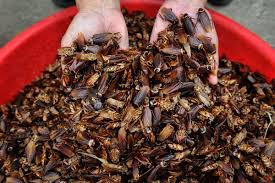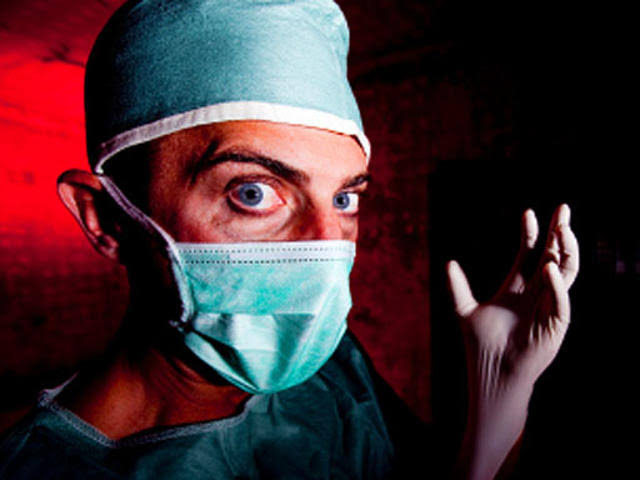In the pursuit of health and fitness, people throughout history have resorted to various peculiar and unconventional remedies in the name of medicine. The history of medical practices is filled with accounts of strange tonics, bizarre treatments and strange "cures." Below are some of the most bizarre and, at times, gross treatments still practiced today.
Drinking Cow’s Urine (India)
In India, cow urine is regarded as a divine medicine and is used for treating a wide array of diseases, including diabetes, high blood pressure, asthma, psoriasis, eczema, heart attacks, arterial blockages, epilepsy, cancer, AIDS, haemorrhoids, prostate issues, arthritis, migraines, thyroid problems, ulcers, acidity, constipation and gynecological disorders. Believers claim that cow urine contains all the substances naturally present in the human body. Thus, drinking it supposedly helps maintain the body's natural balance, cures incurable diseases such as cancer and AIDS, and also provides protection against antibiotic-resistant infectious diseases.
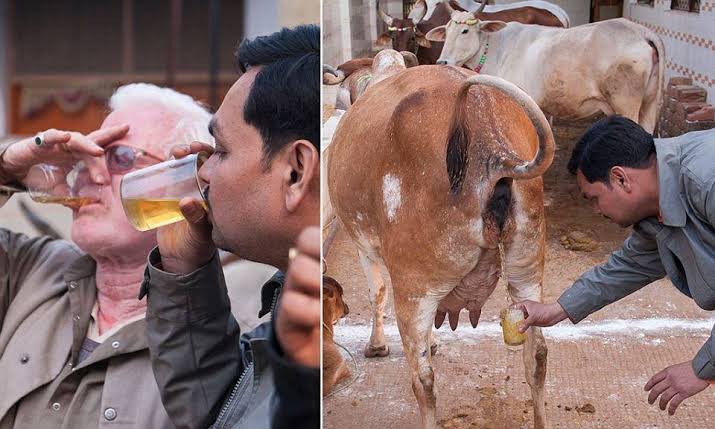
Cow Dung (India)
In Hinduism, the cow is considered sacred and is often referred to as a "mother." Cow dung holds a special place in religious rituals and is used to purify places of worship. It is even used to make idols, such as those of the god Ganesha, which are worshipped during certain ceremonies. Beyond its spiritual significance, cow dung is believed to have medicinal properties. Dry cow dung is burned, and people inhale the smoke as it is believed to cure malaria and dengue fever. The ash from burned cow dung is mixed with water and consumed daily to eliminate stomach worms and improve digestion. Cow dung is also applied to affected areas to provide relief in case of an electric shock. Applying a paste of cow dung to the skin two to three times a week is said to cure skin-related issues. To prevent itching or swelling, a paste of cow dung is applied to the skin and washed off after 10 minutes. This is believed to relieve pain, reduce itching and minimize swelling.

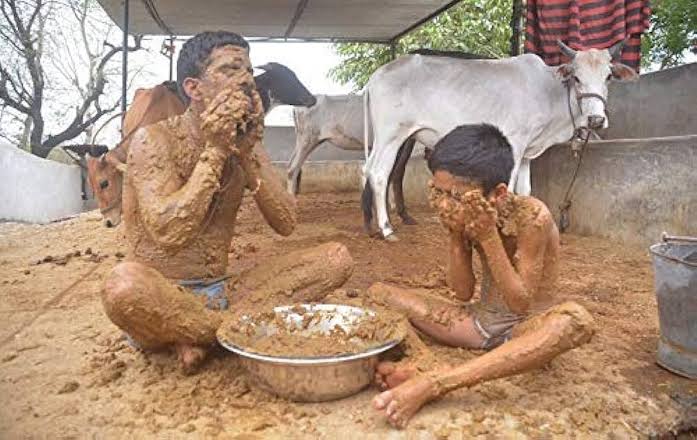
Eating Animal Testicles
Across cultures, consuming animal testicles has been believed to enhance male sexual performance, increase libido and improve overall sexual function. This practice is based on the myth that consuming animal testicles boosts testosterone levels. People who still advocate for this practice often prefer eating them raw, claiming that cooking diminishes their testosterone content, although this belief lacks scientific evidence.
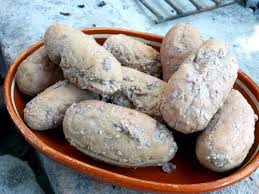
Black Bear Bile (China)
Black bear bile has been a primary ingredient in traditional Chinese medicine for centuries. It has been used to treat liver diseases, headaches and internal injuries. In the early 1900s, bear bile was prescribed for epilepsy, hemorrhoids and heart pain. Today, it is claimed to cure cancer, colds and hangovers. However, modern science has found no evidence to confirm these benefits.
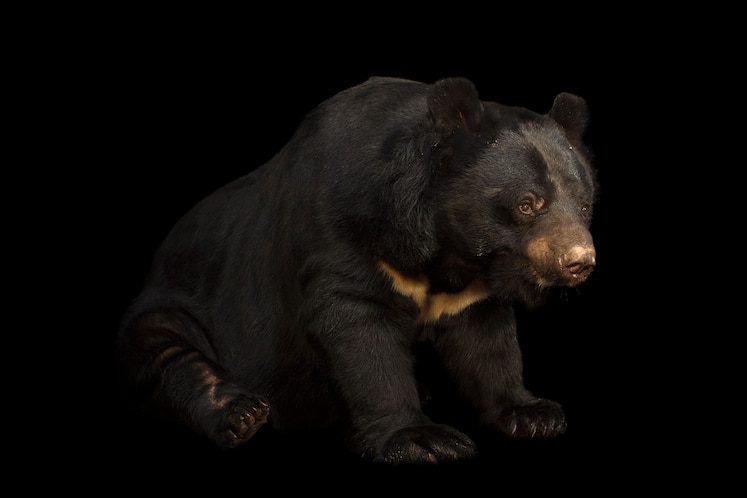
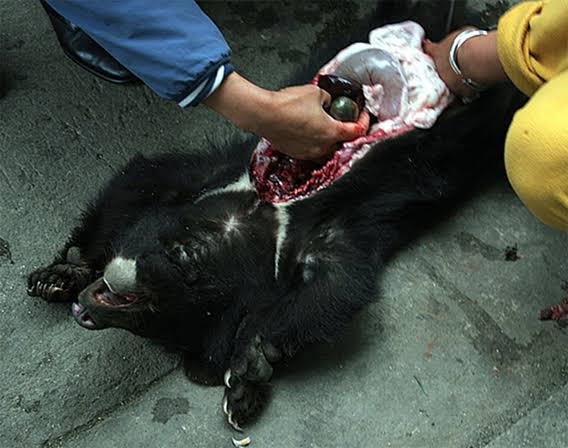
Tiger Penis and Bones (China and Vietnam)
In traditional Chinese medicine, tiger bones are crushed and mixed with herbs to create remedies like tiger bone wine, which is used to treat rheumatism and arthritis. There is also a belief that consuming a tiger’s penis enhances male sexual health, as it is thought to nourish the corresponding organ in the human body. This belief is unfounded, but the demand for tiger parts persists, with a single bowl of tiger penis soup costing over $3,000 in China.
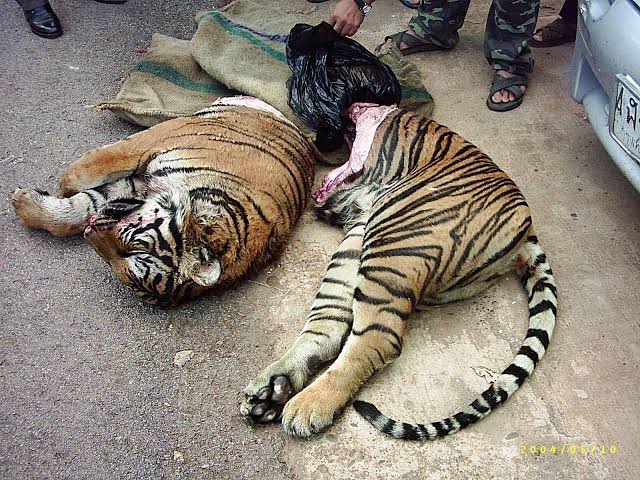
Pangolin Scales (China and Vietnam)
The scales of pangolins are highly sought after in traditional Chinese medicine, leading to the species being among the most trafficked animals globally. Pangolin scales are crushed into powder and made into pills to treat arthritis, despite having no proven medicinal value. The meat of pangolin fetuses is consumed, supposedly to enhance male sexual performance, while pangolin blood is used in traditional treatments for asthma and cancer. This demand results in the hunting of approximately 2.7 million pangolins annually.
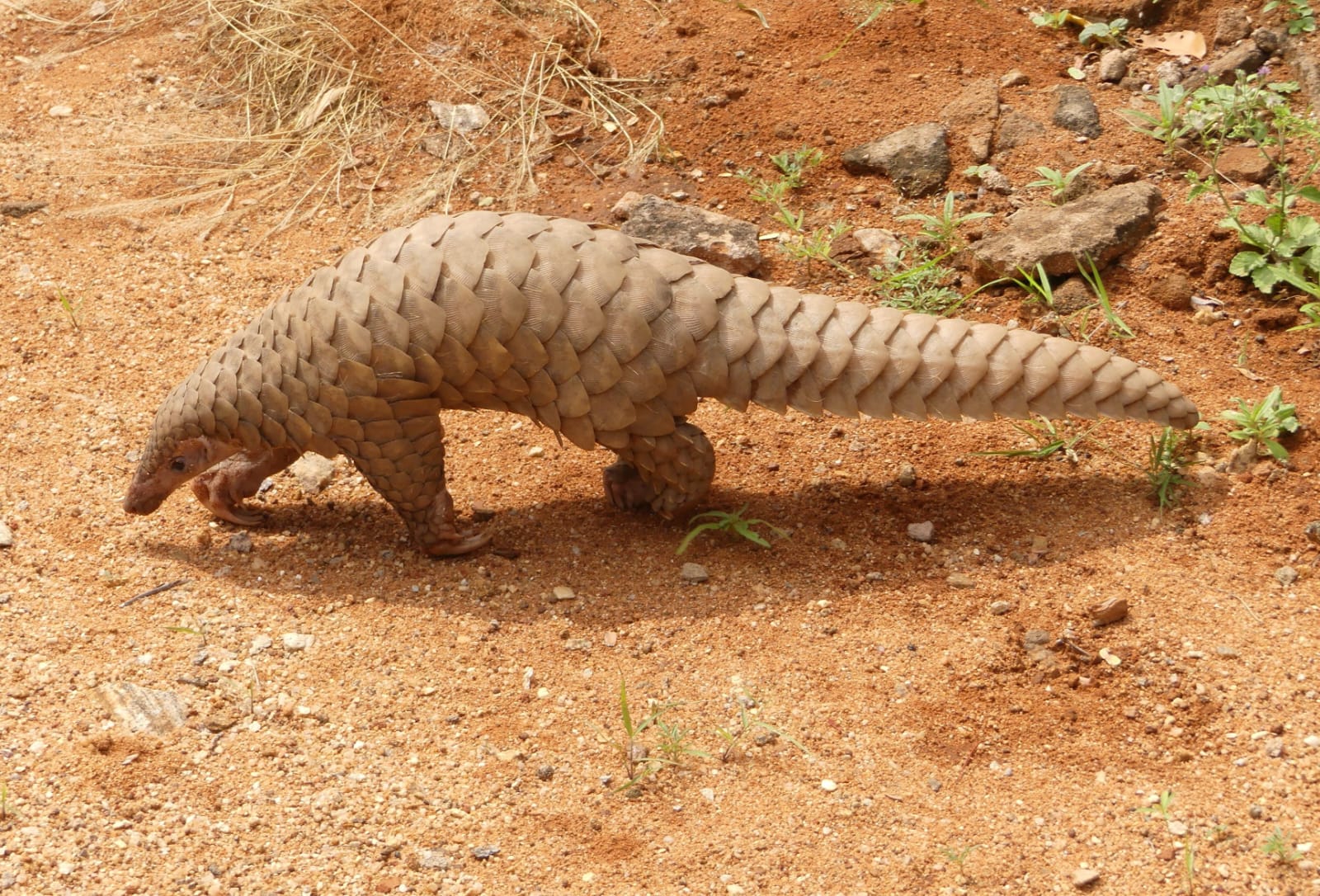
Cockroaches (China)
In China, cockroaches are washed, dried, and crushed, and their extracts are used to treat ulcers, skin wounds and even stomach cancer. Chinese researchers are also exploring the use of cockroach extract in facial treatments and hair-loss products. Approximately 40 million people in China use cockroach extract to treat stomach problems and other illnesses.
